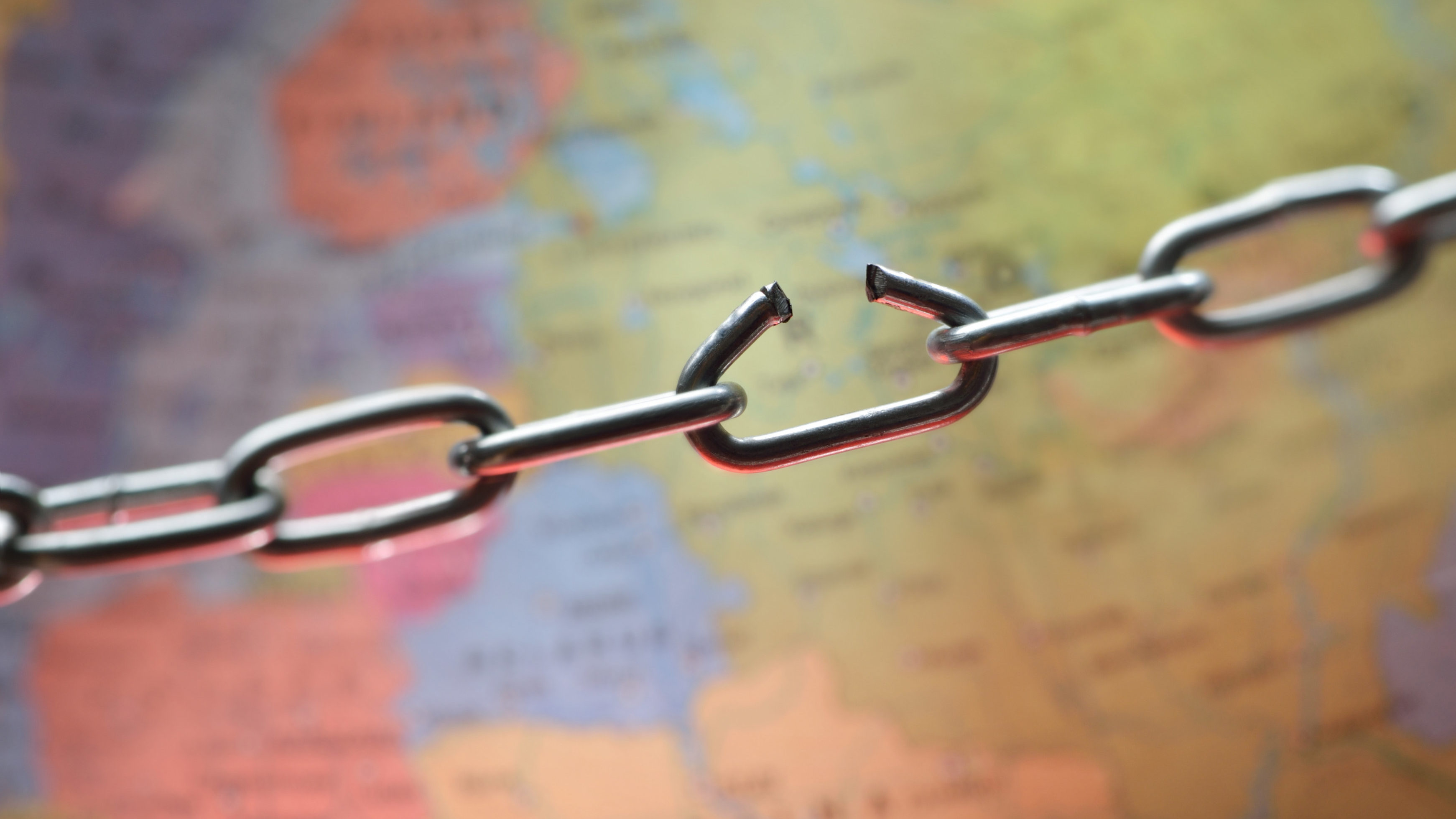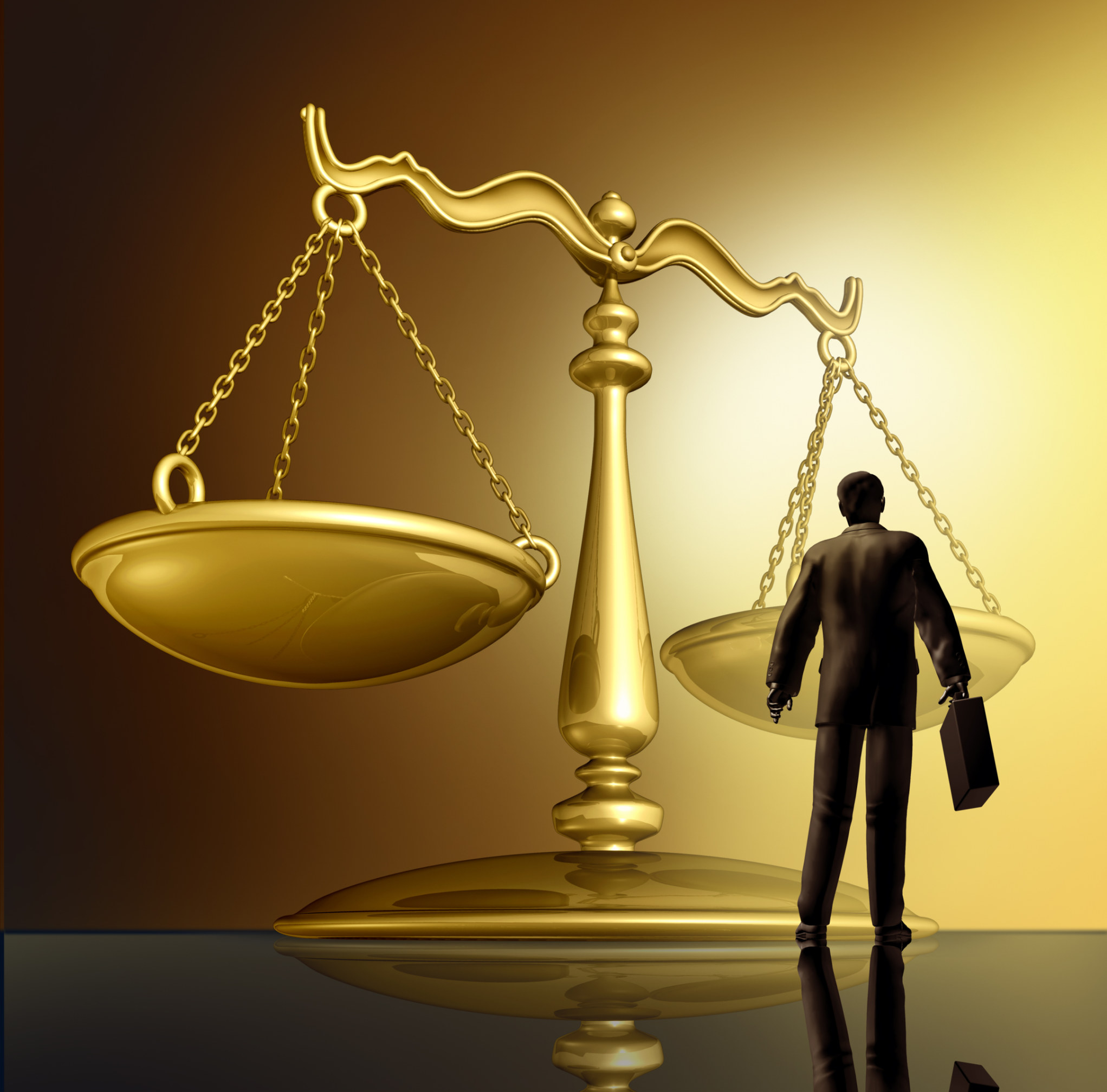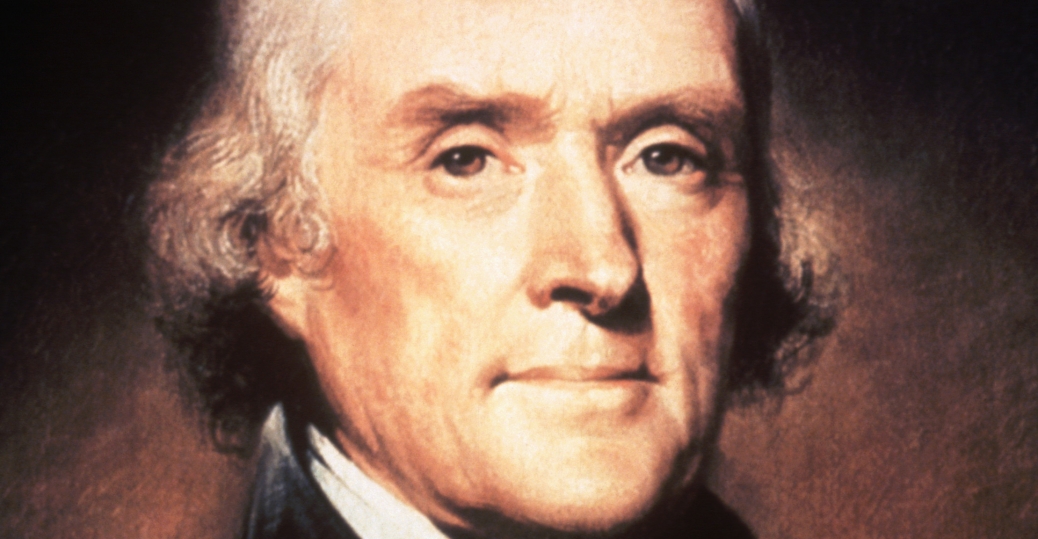Report: ICC Colluding With Terror-Tied Groups to Push Prosecution of U.S., Israeli Personnel
The International Criminal Court is working alongside several organizations and individuals tied to terrorism as it seeks to prosecute American and Israeli personnel for war crimes, according to a new report…



